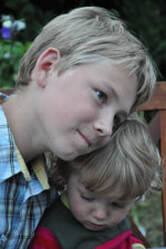
Here are some ways to help a bereaved child:
- Recognize that children are unique and will experience the death of a loved one in their own way.
- While it is natural to want to help a child with their problems, accept that what has happened is not fixable; this is not a problem you can solve.
- Encourage friends and classmates to come to the funeral and participate in mourning rituals. This helps the bereaved child feel supported.
- Children need their peers, and they would like them to just be their friends.
- Treat the bereaved child the way you always have; the loss will drastically alter their life, but they are still the same person.
- While the world has changed for the bereaved child, try to maintain normal routines and customary rituals. Children don’t want to feel like they are different.
- It’s helpful for the bereaved to hang out with friends and have normal conversations that have nothing to do with the loss. The optimal companion is one that sits with a friend and talks.
- Allow the bereaved child to be the one to bring up the loss in conversation.
- Letters and sympathy notes that share anecdotes about the deceased are meaningful, even if the child cannot appreciate them now. There will be a time when they will want to read these condolence messages and your thoughts will be helpful.
- Continue to speak about the deceased long after the initial weeks and months; the bereaved rarely tire of hearing about their loved one.
- What can you say? “I know you are upset and I’m here so you can talk about it.” Better yet: “Tell me about your mom, dad, sister or brother.” We all want to know that our loved one is not forgotten.
Image: Flickr Creative Commons/cwasteson
Robbie Miller Kaplan is an author who writes from a unique perspective as a mother who has lost two children. She has written How to Say It When You Don't Know What to Say, a guide to help readers communicate effectively when those they care about experience loss, available in ebooks for "Illness & Death," "Suicide," "Miscarriage," "Death of a Child," "Death of a Stillborn or Newborn Baby," "Pet Loss," "Caregiver Responsibilities," "Divorce" and "Job Loss." All titles are in Amazon's Kindle Store.
Copyright www.legacy.com Used with permission
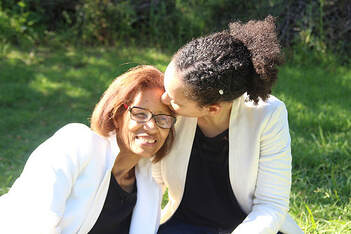
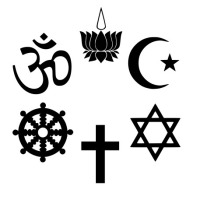
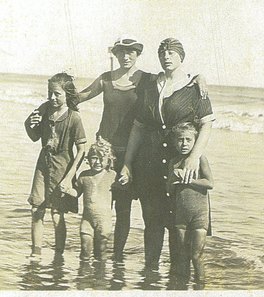
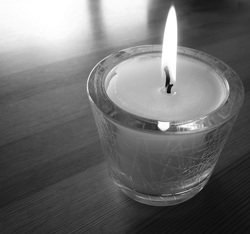

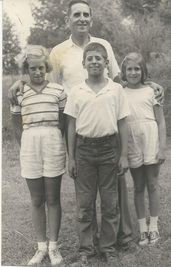
 RSS Feed
RSS Feed
